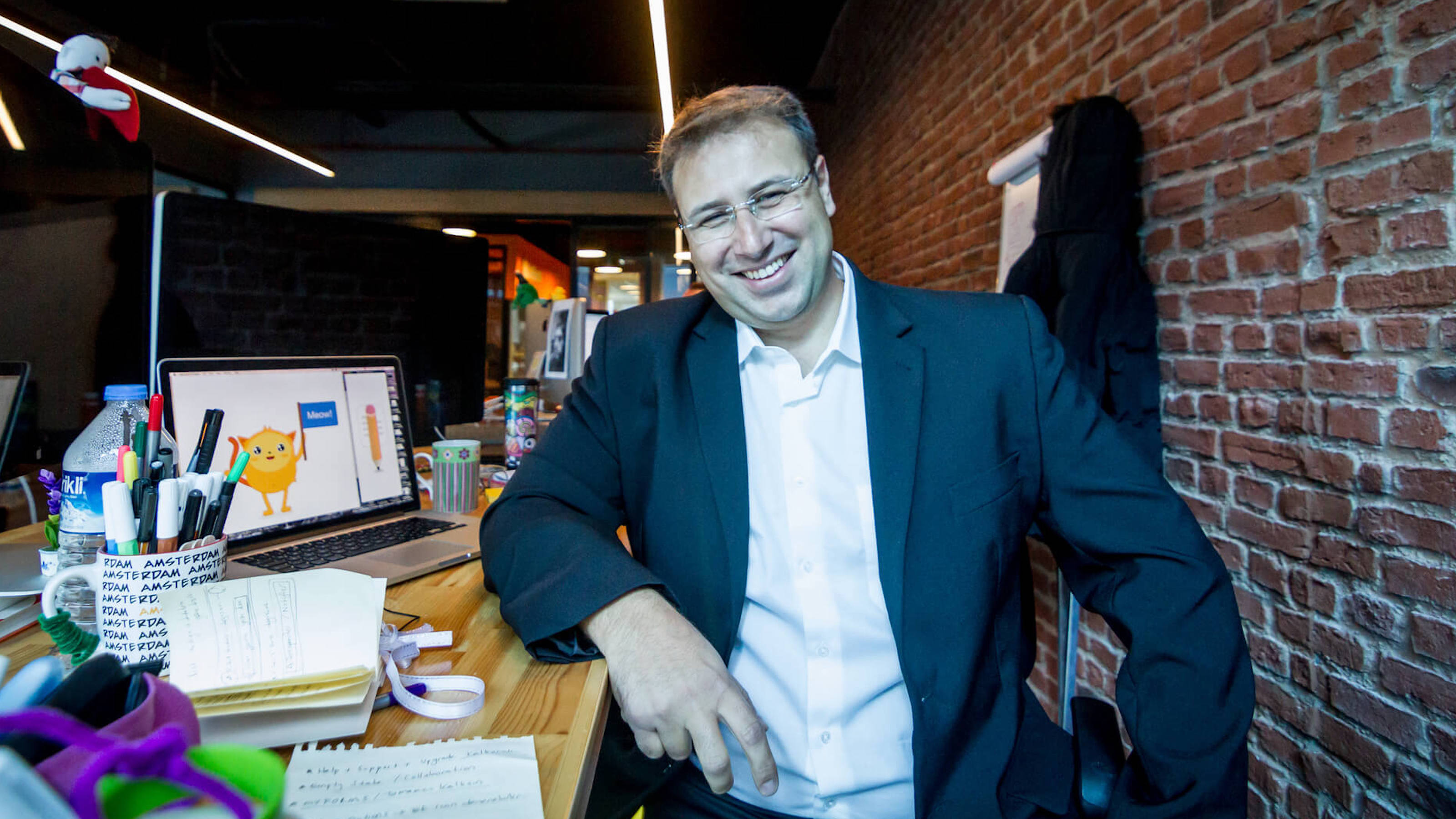What’s the deal with free will?

Everyone wants to be free; or at least have some choice in life.
We all have our professional, family, and social commitments. On the other hand, most people believe that they are free to choose what to do, from the simplest to the more complex: Should I drink coffee with sugar or sweetener? Do I put some money in savings or do I spend it all? Who should I vote for in the next elections? Should I marry Carmen or not?
Last week I wrote about the three problems of consciousness. A deeply related question is that of free will, essentially a question of agency. Who is in charge as we go through our lives making all sorts of choices?
Traditionally, the nature of free will has been a topic for philosophers and theologians. But recent work in neuroscience is forcing a reconsideration of free will, to the point of questioning our freedom to choose. Many neuroscientists and some philosophers consider free will to be an illusion. Sam Harris, for example, wrote a short book arguing the case. This shocking conclusion comes from a series of experiments that have revealed something quite remarkable: our brains decide a course of action before we know it. Benjamin Libet’s 1980s pioneering experiments using EEG—and more recent ones using fMRI or implants directly into neurons—found that the motor region responsible for making a motion in response to a question fired up even seconds before the subject was aware of it. The brain seems to be deciding before the mind knows about it.
If this is indeed true, the choices we think we are making—of our own free will—are actually being made subconsciously, without our explicit control. Could it really be that we are so deluded?
Fortunately, the situation is not so simple. For one thing, defining free will is complicated. An operational definition is that free will is the ability to choose under reasonable coercion. Of course, we are always subjected to all sorts of constraints in our lives, from our genetics to our upbringing to our experiences. There is no blank slate over which we choose. Still, can it be that we are led to believe that we are the conscious agents of our choices when we are not?
A popular argument against free will goes like this: imagine that in the future, scientists will be able to map and decode all your mental states with precision. They could then predict what you will do before you are aware of your choice. If this situation were possible—and it seems to me that it couldn’t be, for many reasons—free will would presumably be in trouble.
To my mind, such an abstraction is mere fantasy: machines can’t measure all our mental states in rapid succession if we don’t even know how these states emerge. Any measurement that needs to track the evolution in time of the simultaneous activity of billions of neurons and trillions of synapses and neurotransmitters flowing between them is very far-fetched. Also, what sort of deterministic laws connect different mental states in time? How do we begin to formulate the question of how consciousness evolves in time as a physical system? No one has a clue.
Not a deterministic machine
To state that knowledge of a current mental state determines future ones (in a simplistic mechanistic way, such as planets revolving around the sun) would only make sense if the mind were a deterministic machine, working as a clockwork mechanism under strict laws. Quite the contrary, the beauty of the mind is that the same external inputs generate, in different people, very different outputs. The same song makes some cringe and others cry.
When it comes to free will, there is a high risk of trivializing a complex, multifaceted question by cutting it down to shape so that it can be analyzed quantitatively with the techniques we have at hand.
In fact, the experiments are limited to decisions that are far removed from the truly complex choices we make in our lives, those that take a lot of back and forth, of confusion, of pondering, of talking to other people, of taking your time to come to a conclusion. There is a huge gap in cognitive complexity from pushing buttons in a lab experiment to deciding whom you will marry, your profession, or if you will commit a crime (psychopathic pathologies aside).
When it comes to the choices we make, there is a spectrum of complexity, and this spectrum is reflected in the issue of free will. Some do indeed happen before conscious awareness, while others don’t. The question of free will is not simply a black-and-white or yes-or-no kind of question, but one that embraces the full complexity of what it means to be human.
If you’d like to dive deeper into this topic and explore the philosophical and neuroscientific issues at stake, I strongly recommend this new online course by Professor Peter Tse from the Psychological and Brain Sciences Department at Dartmouth College. Of course, only you can decide whether or not you will watch this excellent course.
The post What’s the Deal with Free Will? appeared first on ORBITER.





